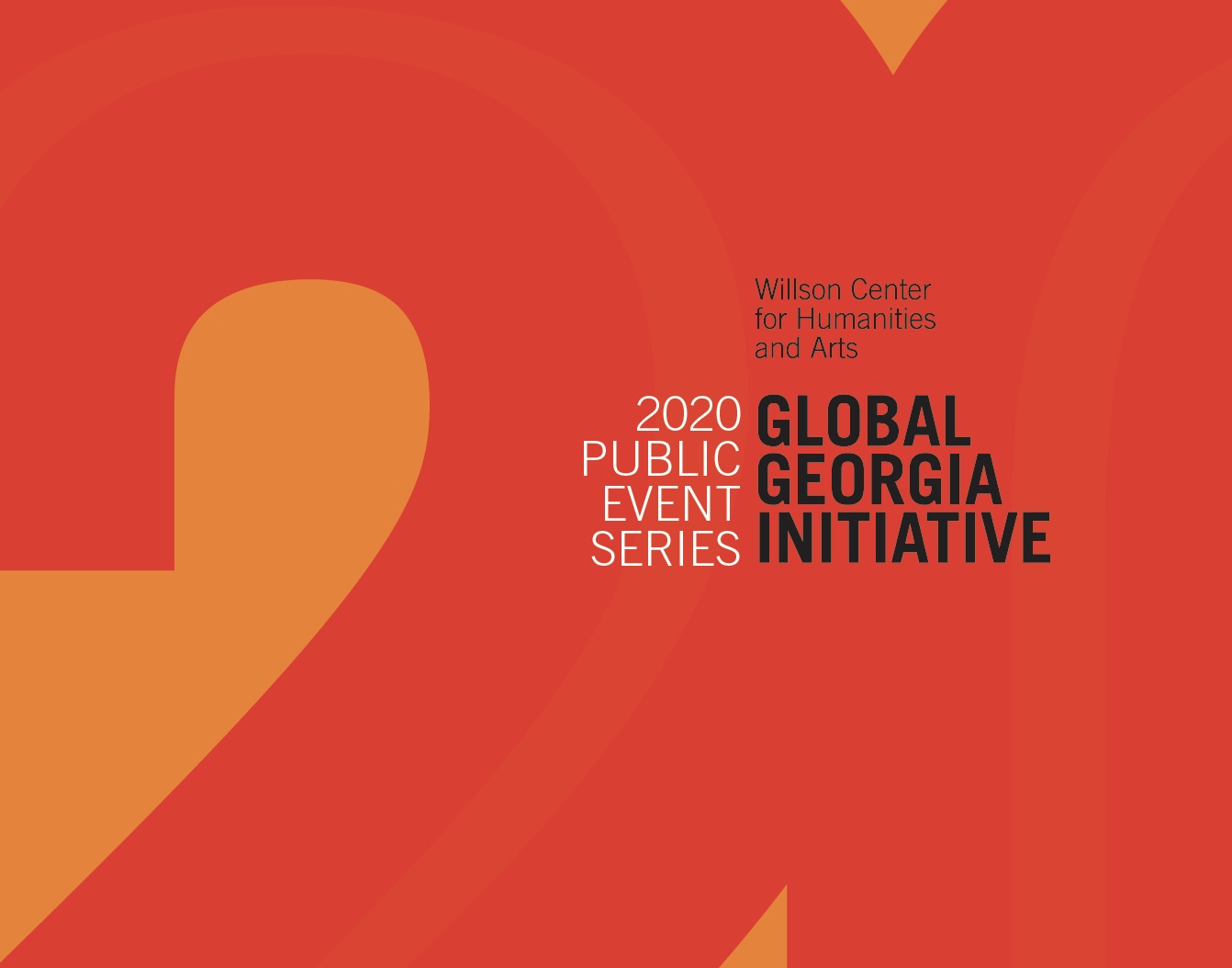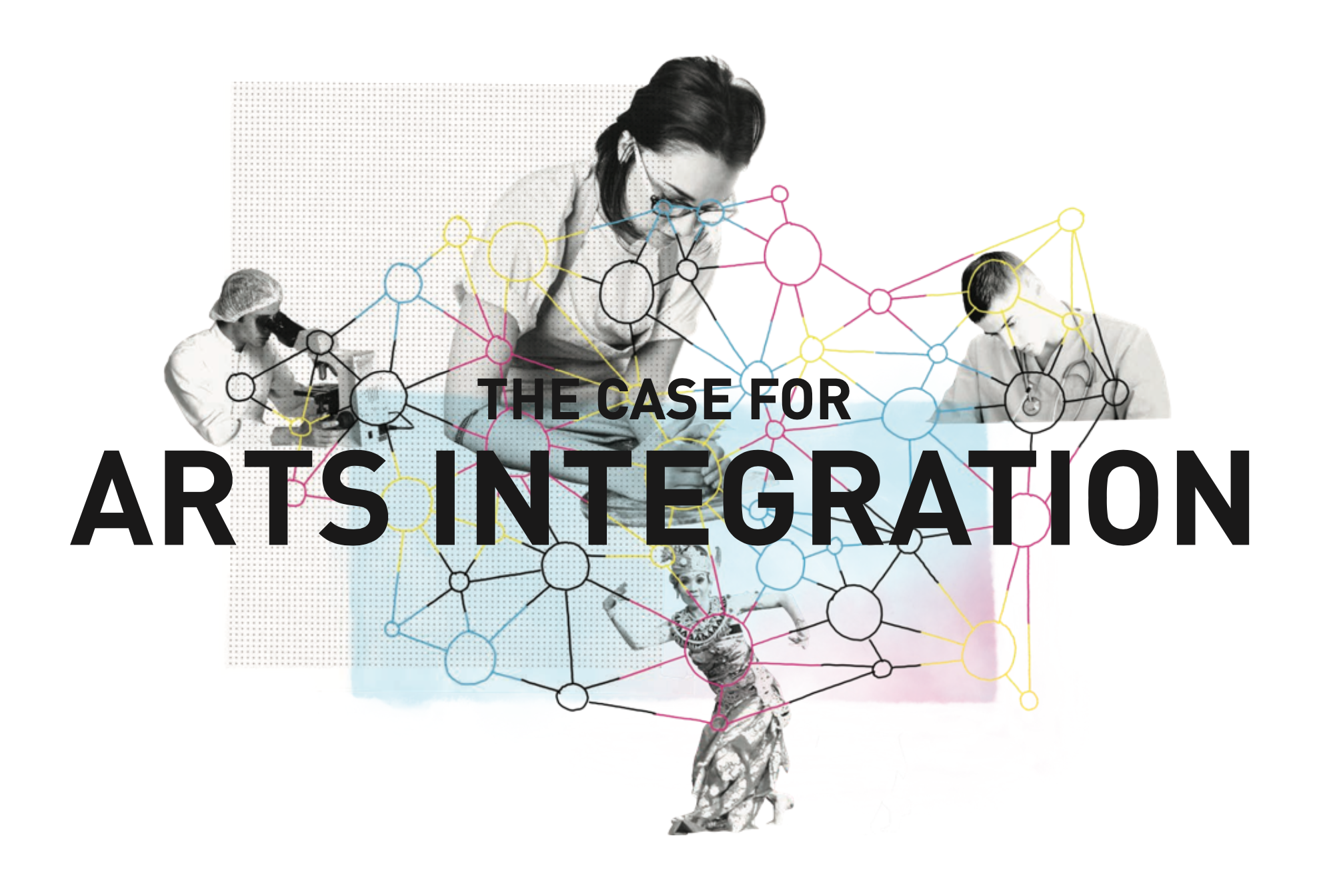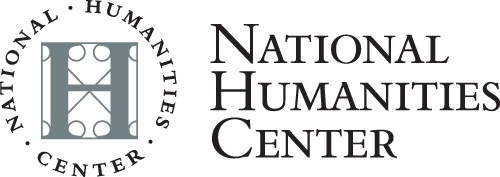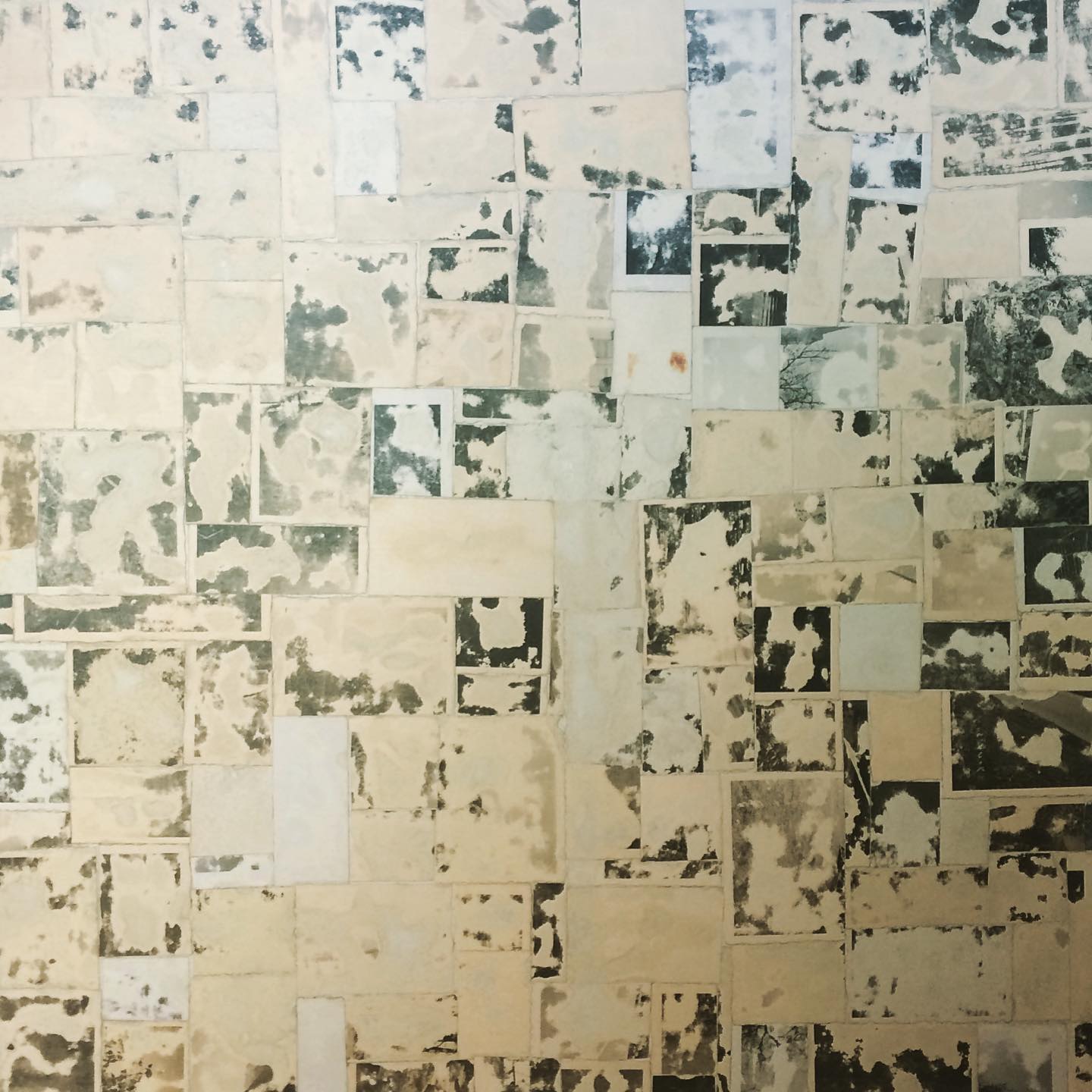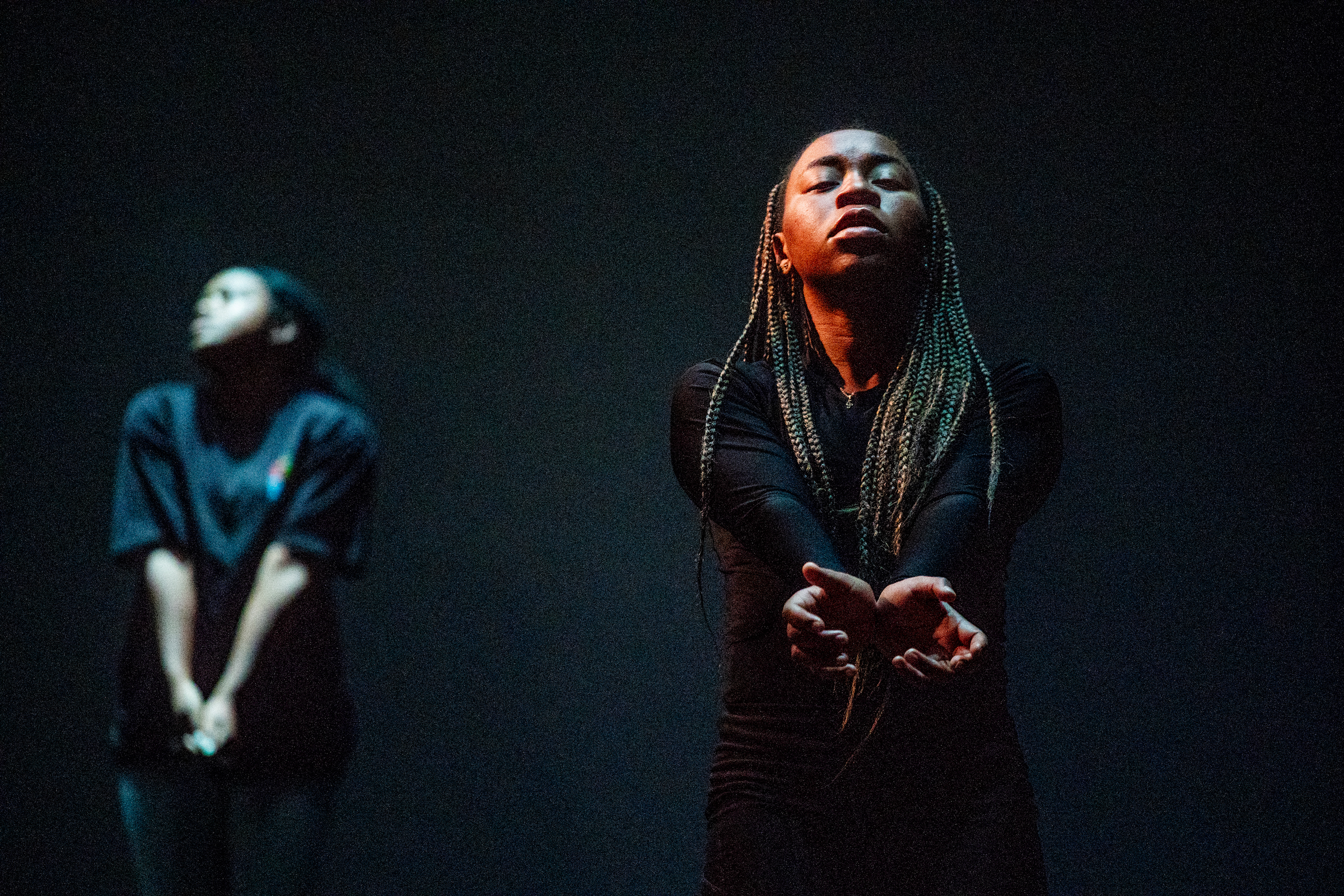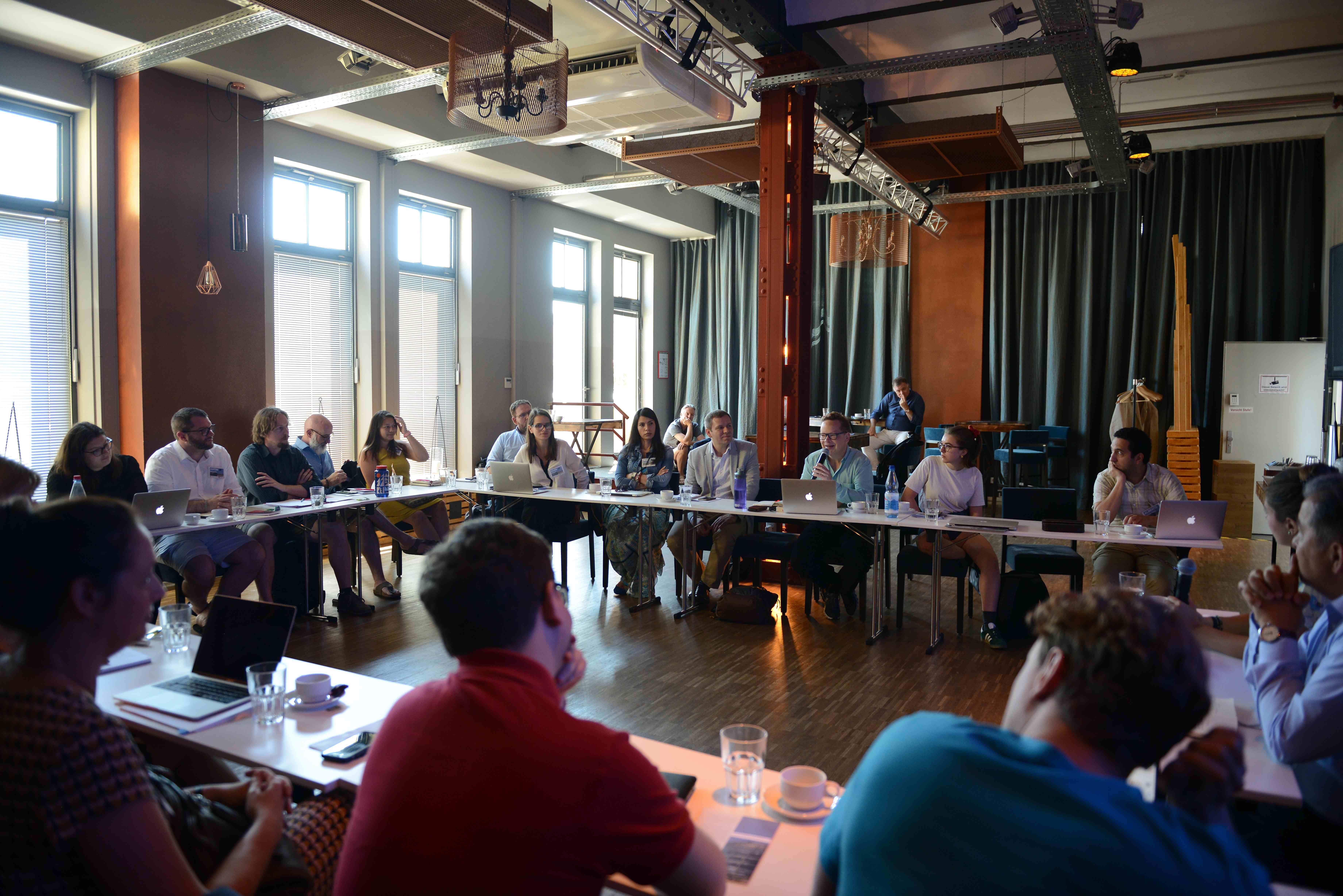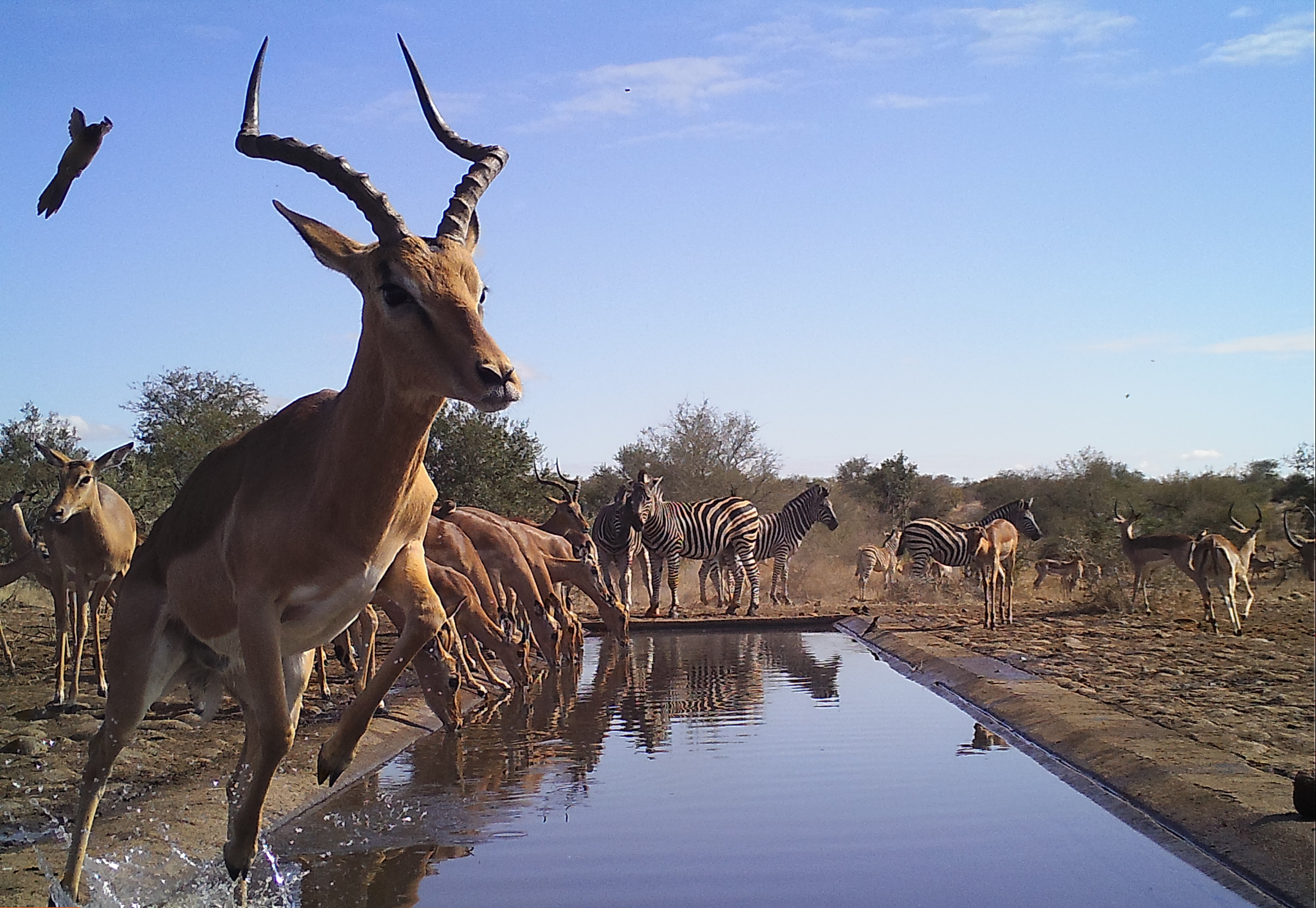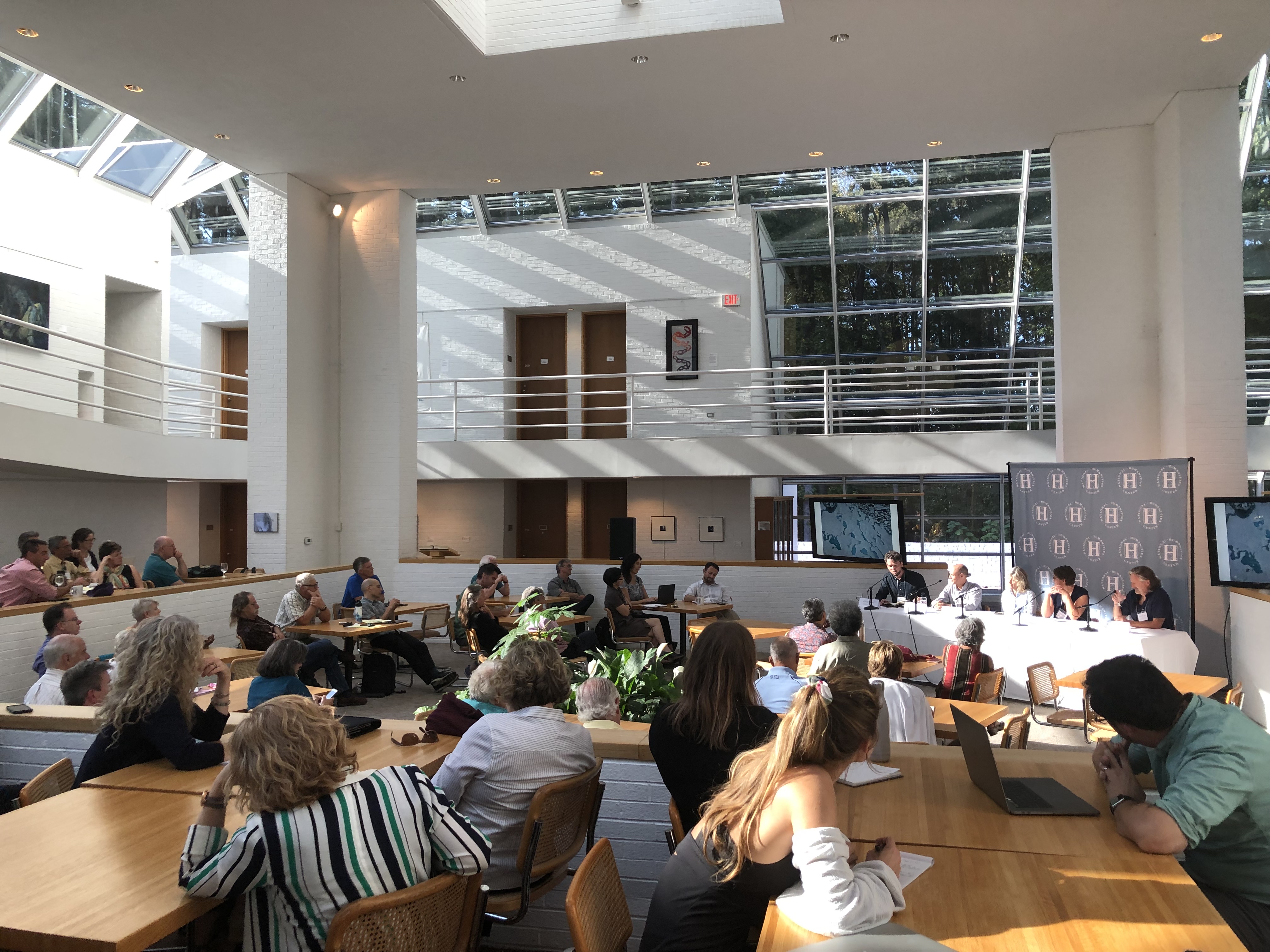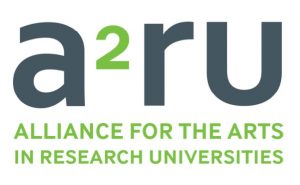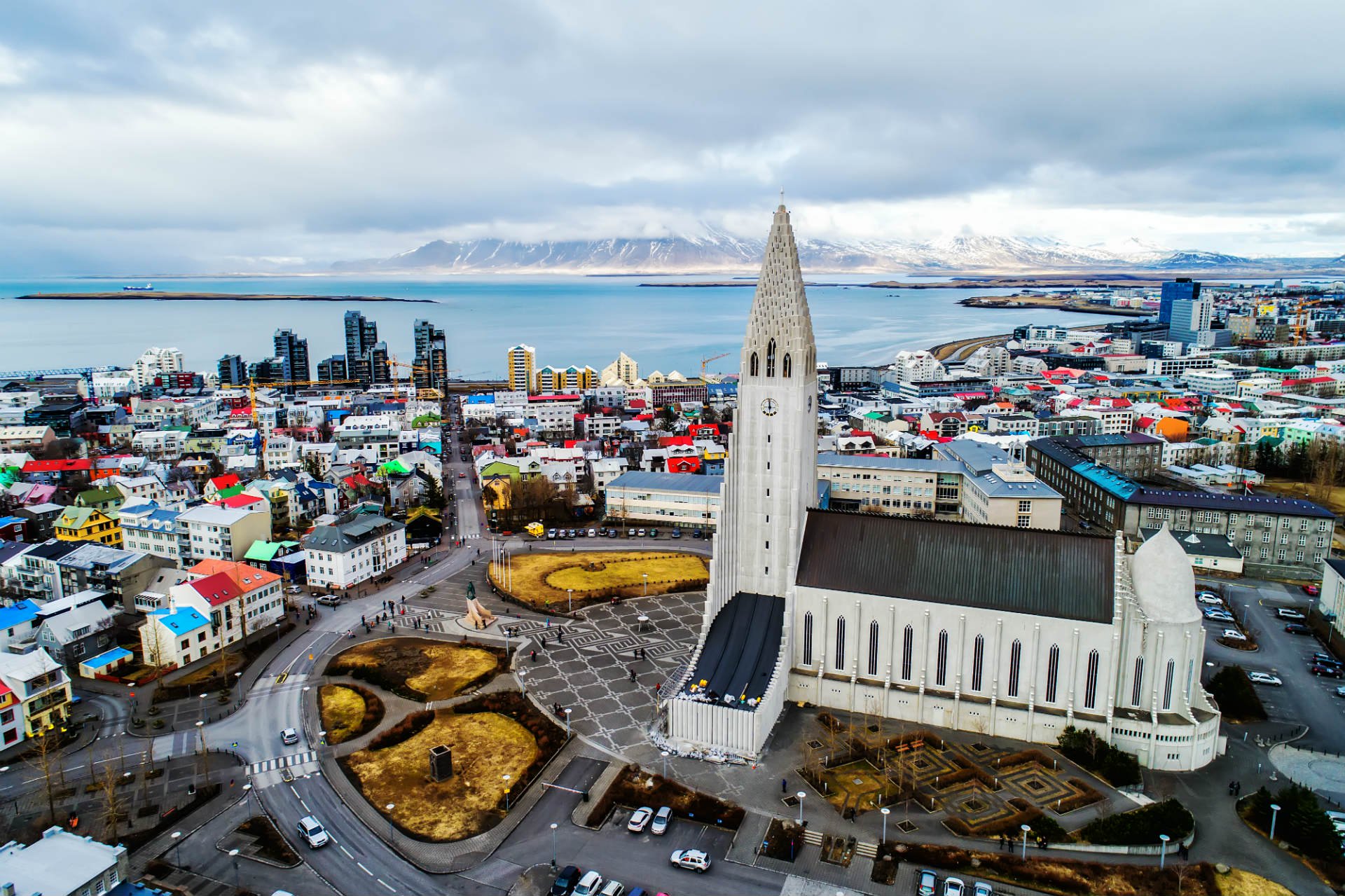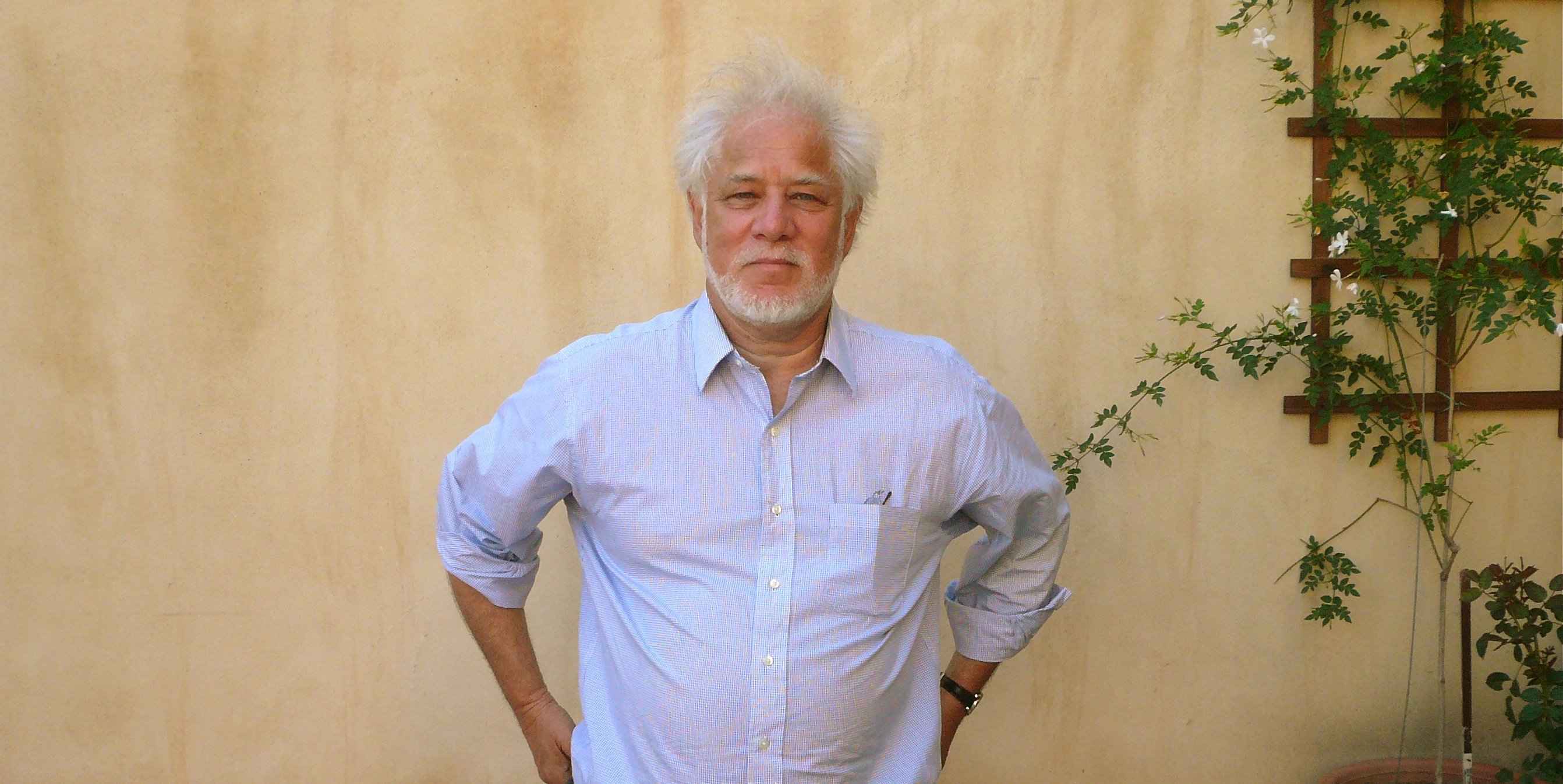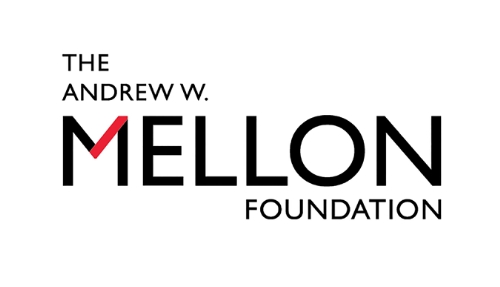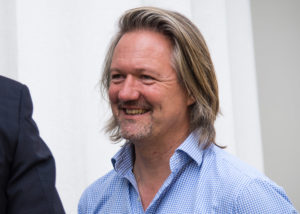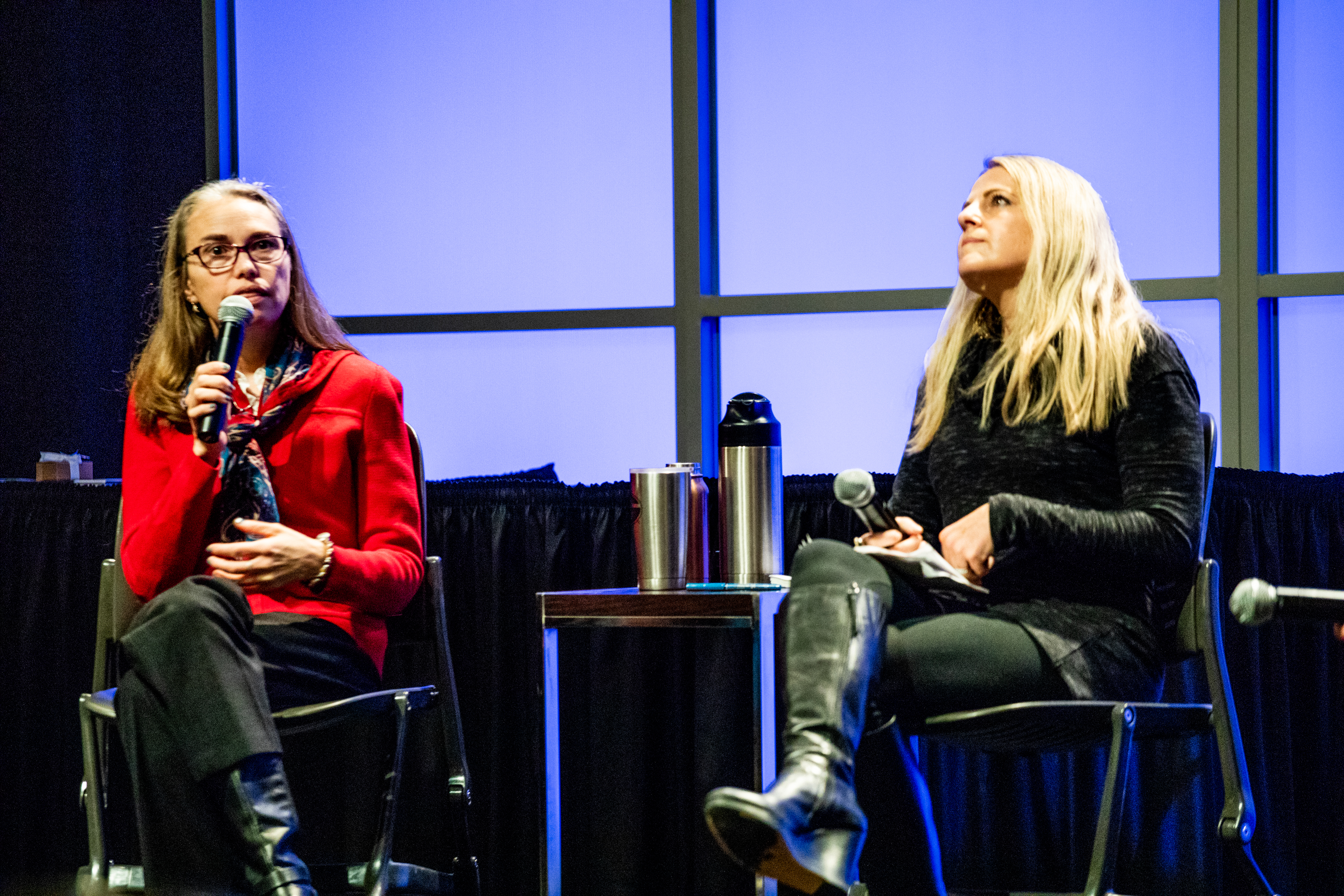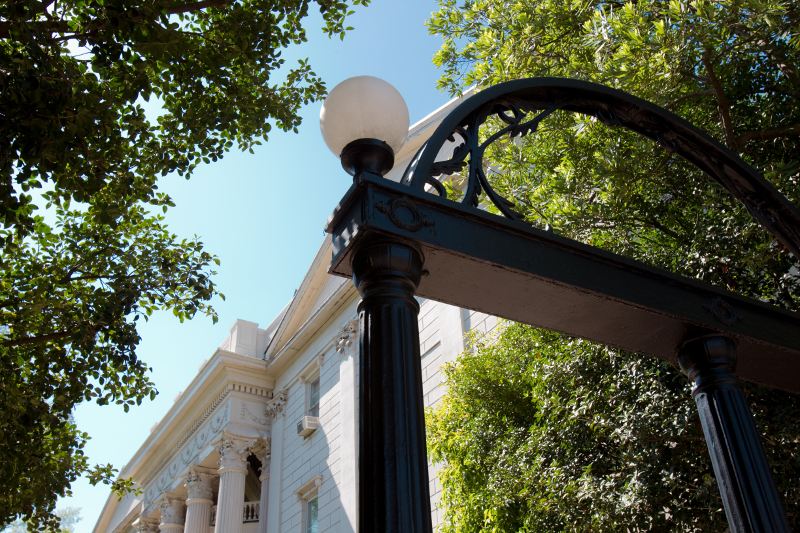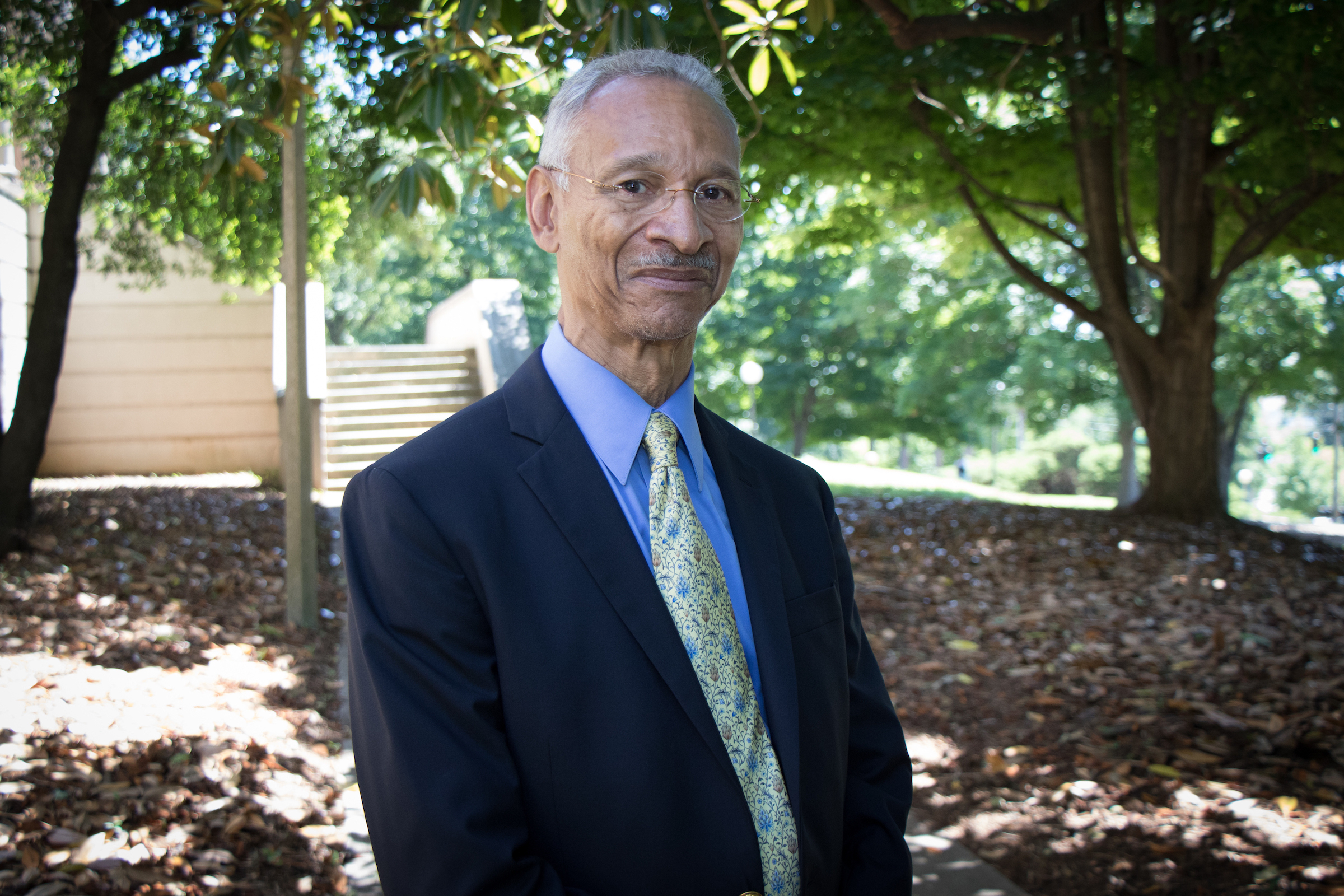Global Georgia Initiative public event series set for Spring 2020
The Willson Center has announced its Global Georgia Initiative public event series for Spring 2020, which begins with a conversation on culture and community between the Creature Comforts and Allagash brewing companies on January 8. The series also includes two Pulitzer Prize winners, the second DJ Summit in the Global South, the Betty Jean Craige Annual Lecture, two giants of contemporary Irish music, and the author of a new book on the emergence of the Athens music scene alongside the UGA of the 1980s.
The series schedule is as follows:
GLOBAL GEORGIA INITIATIVE PUBLIC EVENT SERIES
SPRING 2020
Jan. 8 Tapping into Community: Craft, Culture, and Innovation
A Conversation with Creature Comforts and Allagash Brewing Companies
Rob Tod, founder, Jason Perkins, brewmaster, Allagash Brewing Co.
Chris Herron, CEO, Adam Beauchamp, brewmaster, Matt Stevens, vice president of strategic impact, Creature Comforts Brewing Co.
Grace Bagwell Adams, assistant professor of health policy and management, UGA and principal investigator, Athens Wellbeing Project
4 p.m. | Studio 225
Public reception
6 p.m. | Creature Comforts Tasting Room
Presented in partnership with Creature Comforts Brewing Co. and the UGA Office of Sustainability
Feb. 13 Val Jeanty
Composer, percussionist, DJ
Conversation with Ashon Crawley
Associate professor of religious studies and African American and African studies, University of Virginia
6 p.m. | Ciné
Performance
7 p.m. | Ciné
Part of DJ Summits in the Global South, a Global Georgia Initiative Research Project supported by The Andrew W. Mellon Foundation. Presented in partnership with the Institute for African American Studies and the Latin American and Caribbean Studies Institute.
Feb. 27 Lawrence Wright
Pulitzer Prize-winning author, journalist, screenwriter, playwright
Ferdinand Phinizy Lecture
“The Future of Terrorism”
4 p.m. | UGA Chapel
Presented by the department of history and in partnership with the School for Public and International Affairs and the Center for International Trade and Security
Mar. 25 Helon Habila
Author; Professor of creative writing, George Mason University
Betty Jean Craige Annual Lecture in Comparative Literature
“Searching for Home: Africans in Europe”
4 p.m. | UGA Chapel
Presented in partnership with the department of comparative literature and the African Studies Institute
Apr. 9 Grace Elizabeth Hale
Author; Commonwealth Professor of American Studies and History, University of Virginia
“Easy: How the University of Georgia Helped Launch the Athens Music Scene”
6 p.m. | Fire Hall No. 2
Presented in partnership with the UGA Special Collections Libraries, the Russell Library Oral History Program, the Honors Program, the Athens Music Project, and Avid Bookshop
Apr. 16 Jack Davis
Pulitzer Prize-winning author, environmental historian
Odum Environmental Ethics Lecture
“The Gulf of Mexico: History, Wisdom, and Hope”
5 p.m. | Jackson Street Building Room 123(?)
Presented as part of the UGA Earth Day 50th Anniversary celebration and in partnership with the Coasts, Climates, the Humanities, and the Environment Consortium, the department of history, the College of Environment and Design, and the Environmental Ethics Certificate Program
Apr. 21 Donnacha Dennehy and Iarla Ó Lionárd
Composer and Singer
Performance: The Hunger by Donnacha Dennehy
5:30 p.m. | Ramsey Hall
Conversation with Nicholas Allen
Willson Center director
6:30 p.m. | Dancz Hall
Presented in partnership with the Hugh Hodgson School of Music and the British and Irish Studies Program

